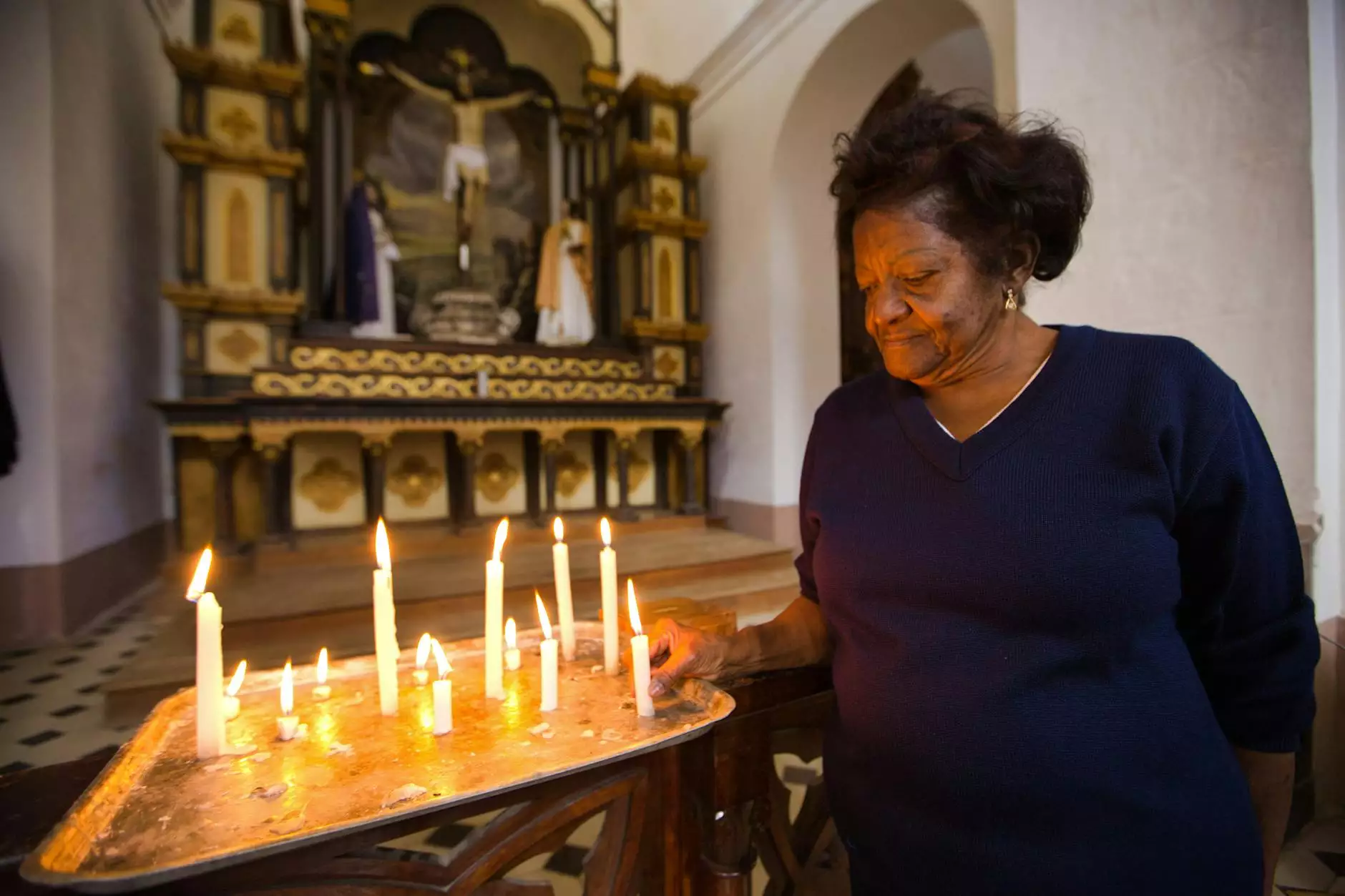What Do Christians Really Believe? - Christianity Beliefs and Practices

Introduction to Christianity
At Peace Church, we strive to provide a comprehensive understanding of the core beliefs and practices of Christianity. Whether you are a lifelong Christian or simply curious about the faith, this page will guide you through the fundamental principles and values that shape Christianity as a religion.
Christianity: A Faith of Love and Hope
Christianity is a religion deeply rooted in love and hope. Central to the Christian belief system is the idea that God is a loving and merciful creator who sent his son, Jesus Christ, to redeem humanity from sin. Christians believe that through faith in Jesus, they can find salvation and eternal life.
The Teachings of Jesus Christ
Jesus Christ, considered the son of God by Christians, left behind a legacy of teachings that continue to guide believers today. The Gospels, found in the New Testament of the Bible, document the life, teachings, and miracles of Jesus. His teachings emphasized love, forgiveness, and compassion towards others, serving as a moral compass for Christians.
Christianity Beliefs and Values
Christianity is characterized by a set of core beliefs and values that serve as the foundation of Christian thought and practice. These include:
- Belief in the Holy Trinity: Christians believe in the Holy Trinity, composed of God the Father, God the Son (Jesus Christ), and God the Holy Spirit. This concept encapsulates the three distinct yet unified persons within the Godhead.
- The Incarnation: Christians affirm the belief that Jesus Christ is both fully human and fully divine, emphasizing his dual nature as the Son of God and the Son of Man.
- Salvation through Faith: Christians believe that salvation comes through faith in Jesus Christ. By accepting Christ as their Lord and Savior, believers are forgiven of their sins and granted eternal life.
- The Bible as Sacred Text: The Bible is considered the inspired word of God and serves as the ultimate authority in matters of faith and practice for Christians. It is divided into the Old Testament, which contains the sacred texts of Judaism, and the New Testament, which focuses on the life and teachings of Jesus and the early Christian community.
- Rites and Sacraments: Christianity incorporates various rites and sacraments, such as baptism and Holy Communion, as outward expressions of faith and channels of God's grace.
Diverse Christian Traditions
Christianity encompasses a multitude of diverse traditions, each with its own unique practices and beliefs. At Peace Church, we embrace and respect this diversity, recognizing that different Christian traditions contribute to the richness of the overall faith.
Denominations and Sects
Christianity is divided into numerous denominations and sects, each with its own distinct theology and worship practices. Some well-known denominations include Catholicism, Protestantism, and Eastern Orthodoxy. Despite theological differences, Christians from various denominations unite under the common belief in Jesus Christ.
Christian Worship
Christian worship is an essential aspect of the faith, providing believers with an opportunity to come together, offer praise, and seek spiritual nourishment. Worship practices may vary between denominations and often include elements such as prayer, singing of hymns, reading of scripture, and sermons.
Living as a Christian
Christianity is not just a set of beliefs; it is a way of life. Living as a Christian involves actively embodying the teachings and values of Jesus Christ in daily life. Here are some key aspects of living as a Christian:
Faith in Action
Christianity calls its followers to put their faith into action by loving and serving others. Christians strive to show compassion, kindness, and generosity to those in need, following Jesus' example of selflessness.
Biblical Guidance
The Bible serves as an essential guide for Christian living. It provides wisdom and guidance on various aspects of life, including relationships, morality, and personal character development. Christians turn to Scripture for inspiration and direction in navigating life's challenges.
Communal Engagement
Christianity encourages communal engagement and active participation in the Christian community. Believers find strength and support by joining fellow Christians in worship, fellowship, and service. It is through engagement with others that Christians foster spiritual growth and find encouragement on their faith journeys.
Conclusion: Exploring Christianity at Peace Church
Peace Church welcomes individuals from all backgrounds to explore the beliefs and practices of Christianity. Our aim is to provide a welcoming and inclusive space where people can engage in meaningful discussions, deepen their understanding of the faith, and nurture their spiritual growth.
If you are curious about Christianity or interested in joining a supportive community of believers, we invite you to visit Peace Church and embark on a journey of faith. Together, let us discover the infinite love and hope that Christianity offers.









